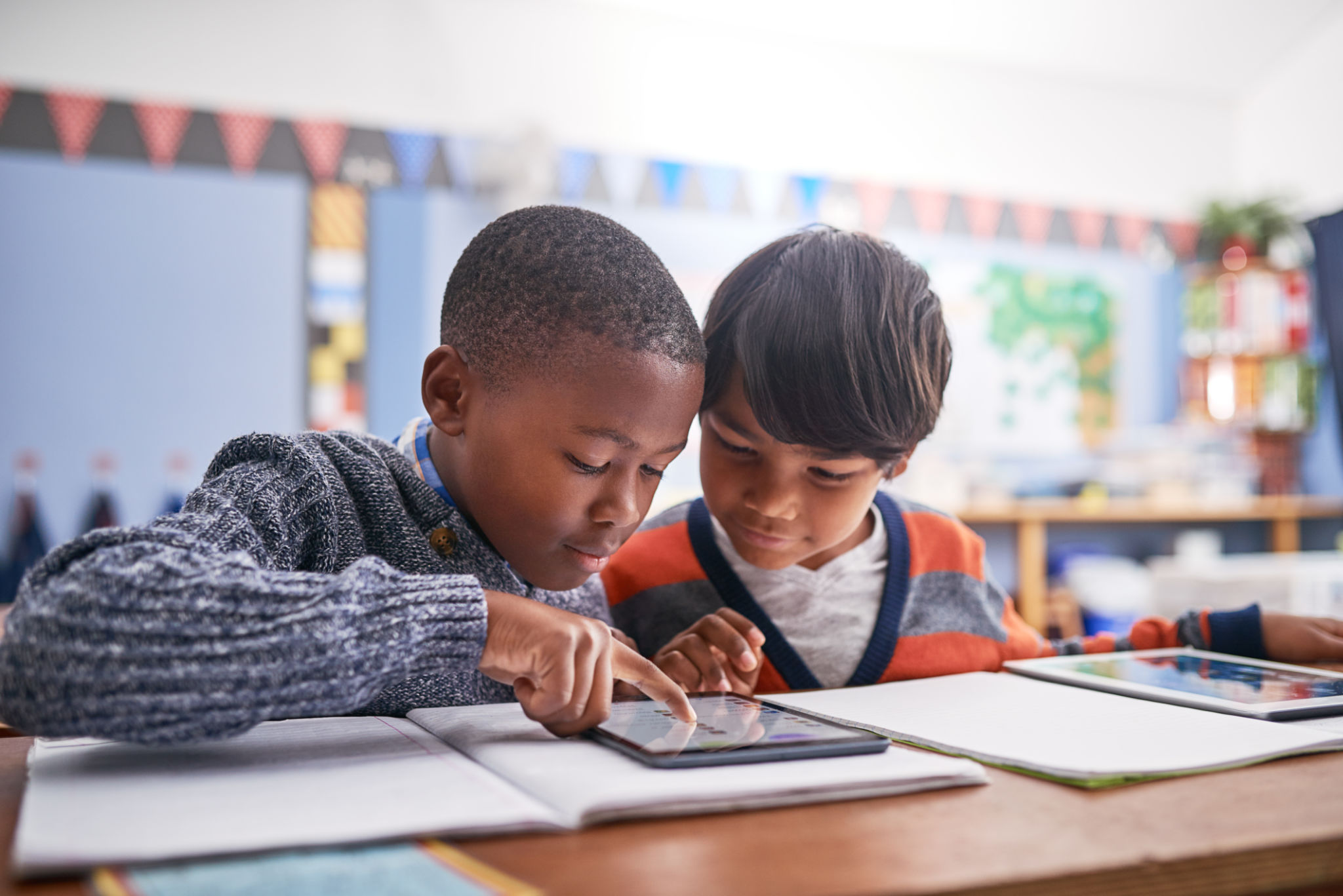Trends in Education: Preparing Your Child for the Future
Embracing Technological Advancements
In today's rapidly evolving world, technology plays a crucial role in shaping the future of education. Schools are increasingly incorporating digital tools and platforms to enhance learning experiences. From interactive whiteboards to virtual reality simulations, these technologies offer students a dynamic way to engage with the material.
Parents can prepare their children for this tech-driven future by encouraging them to embrace digital literacy. This includes familiarizing them with basic programming, coding, and online research skills. By doing so, children develop critical thinking and problem-solving abilities that are essential in the modern workforce.

Fostering Emotional Intelligence
While academic skills are important, emotional intelligence (EI) is becoming equally vital. Schools are now focusing on developing students' emotional and social skills through programs that teach empathy, self-awareness, and effective communication. These skills help children navigate interpersonal relationships and work collaboratively in diverse environments.
Parents can support this development by discussing emotions at home and modeling empathetic behavior. Encouraging children to express their feelings and understand others' perspectives will help them build strong emotional foundations.
Emphasizing Creativity and Innovation
The future job market will value creativity and innovation more than ever. Educational institutions are beginning to prioritize these skills by integrating arts and design thinking into their curricula. Students are encouraged to think outside the box and approach problems with a creative mindset.
Parents can nurture their child's creativity by providing opportunities for artistic expression, whether through drawing, music, or storytelling. Encouraging curiosity and exploration outside of structured activities can also inspire innovative thinking.

Developing Global Awareness
In an increasingly connected world, global awareness is a critical component of education. Schools are incorporating global studies into their programs, teaching children about diverse cultures, languages, and global issues. This fosters an understanding of the interconnectedness of our world and prepares them to be responsible global citizens.
Parents can supplement this learning by exposing their children to different cultures through books, music, and cuisine. Traveling, even virtually, can broaden their horizons and deepen their appreciation for diversity.
Promoting Lifelong Learning
With the pace of change in today's world, the ability to learn continuously is more important than ever. Educational systems are shifting from rote memorization to fostering a mindset of lifelong learning. This approach encourages students to be curious and adaptable as they pursue knowledge throughout their lives.
Parents can instill this mindset by promoting a love for learning at home. Engage children with educational games, puzzles, and activities that challenge their minds. Highlighting the joy of discovery will help them remain enthusiastic learners well into adulthood.

Navigating the Balance Between Screen Time and Real Life
As technology becomes more integrated into education, finding a balance between screen time and real-life experiences becomes crucial. While digital tools offer immense benefits, excessive screen time can lead to negative effects on physical health and social skills.
Parents can ensure a healthy balance by setting boundaries around screen usage and encouraging outdoor play and face-to-face interactions. By managing screen time effectively, children can enjoy the best of both worlds: the advantages of technology and the richness of real-world experiences.
